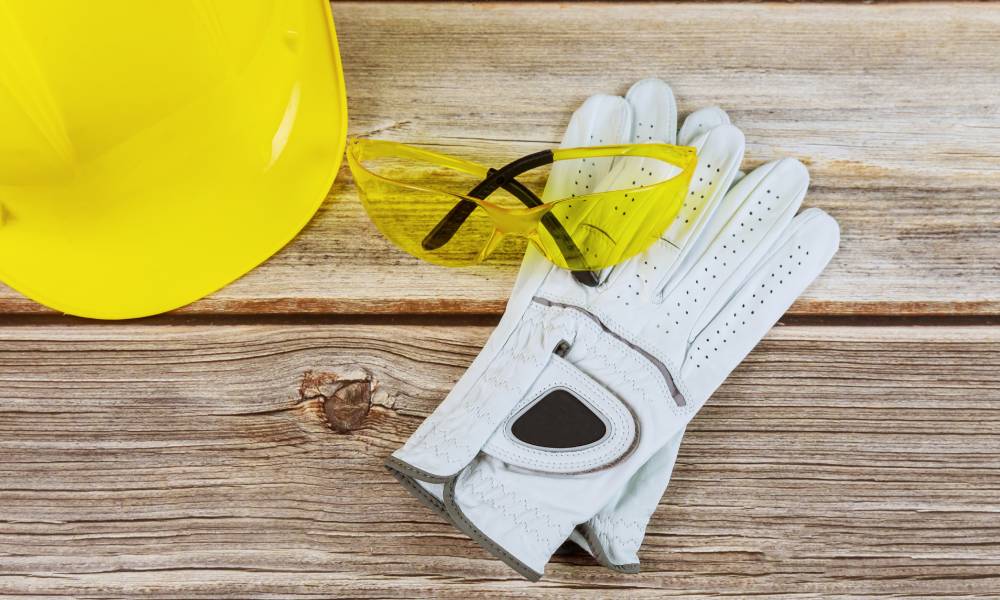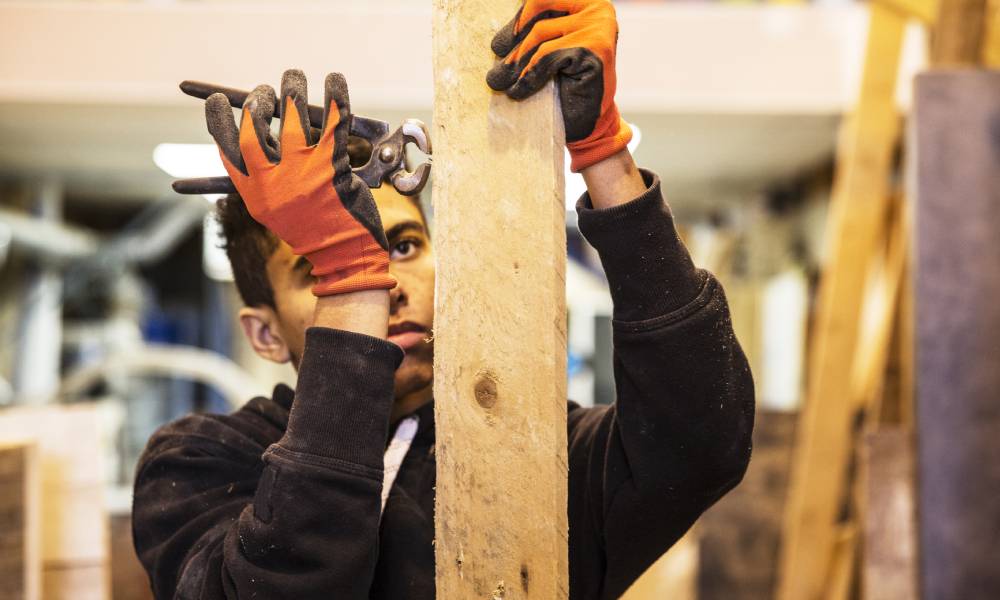.jpg)
The Importance of Welding Gloves and Their Applications
Welding gloves are a critical component of personal protective equipment (PPE) for anyone engaged in welding activities. These gloves are designed to protect the welder's hands from extreme heat, sparks, molten metal, and other hazards associated with welding. Understanding the importance of welding gloves and their various applications can help ensure safety and efficiency in the workplace.
Protection from Extreme Heat
Welding involves high temperatures that can easily cause severe burns and injuries. Welding gloves are made from heat-resistant materials such as leather, which provide a crucial barrier between the welder's skin and the intense heat produced by welding equipment. These gloves are often lined with additional heat-resistant fabrics to enhance their protective properties. This protection allows welders to work comfortably and safely, even in high-temperature environments.
Shielding from Sparks and Spatter
Sparks and molten metal spatter are common byproducts of welding processes. Without proper protection, these can cause painful burns and potentially ignite clothing. Welding gloves are designed to withstand these hazards, offering a protective shield that prevents sparks and spatter from reaching the skin. The robust construction of these gloves ensures that they can endure repeated exposure to these elements without degrading quickly.
Enhanced Grip and Dexterity
While protection is paramount, welding gloves also provide enhanced grip and dexterity. The material and design of the gloves enable welders to handle welding tools and materials with precision and control. This is essential for performing intricate welding tasks that require a steady hand and accurate manipulation. The gloves are often designed with reinforced palm and finger areas to improve grip and durability, making them versatile for various welding applications.
Chemical Resistance
Certain welding processes involve exposure to chemicals that can be harmful to the skin. Welding gloves are often treated or designed with materials that offer resistance to chemicals, oils, and other substances. This feature is particularly important in environments where welders may come into contact with hazardous materials. By providing a barrier against chemical exposure, welding gloves help maintain the welder's health and safety.
Applications in Different Welding Processes
Welding gloves are not one-size-fits-all; different welding processes require specific types of gloves. For instance, TIG (Tungsten Inert Gas) welding requires gloves that offer high dexterity and sensitivity to allow precise control of the welding torch. MIG (Metal Inert Gas) and stick welding, on the other hand, demand gloves that provide maximum protection against heat and spatter. Understanding the specific requirements of each welding process helps in selecting the appropriate gloves to ensure both safety and efficiency.
Protection from Electrical Hazards
Welding most of the time involves working with electrical equipment and currents that pose significant risks of electric shock. Welding gloves are designed with materials that offer insulation against electrical hazards. This feature is crucial for protecting welders from accidental electric shocks that can occur during the welding process. By incorporating electrical insulation properties, these gloves add an extra layer of safety for welders working in various potentially dangerous environments.
Beybi Plastik, since its establishment in 1949; operates in the field of personal protective work safety gloves, examination gloves production and sales, sterile surgical gloves and medical consumables sales and marketing.



